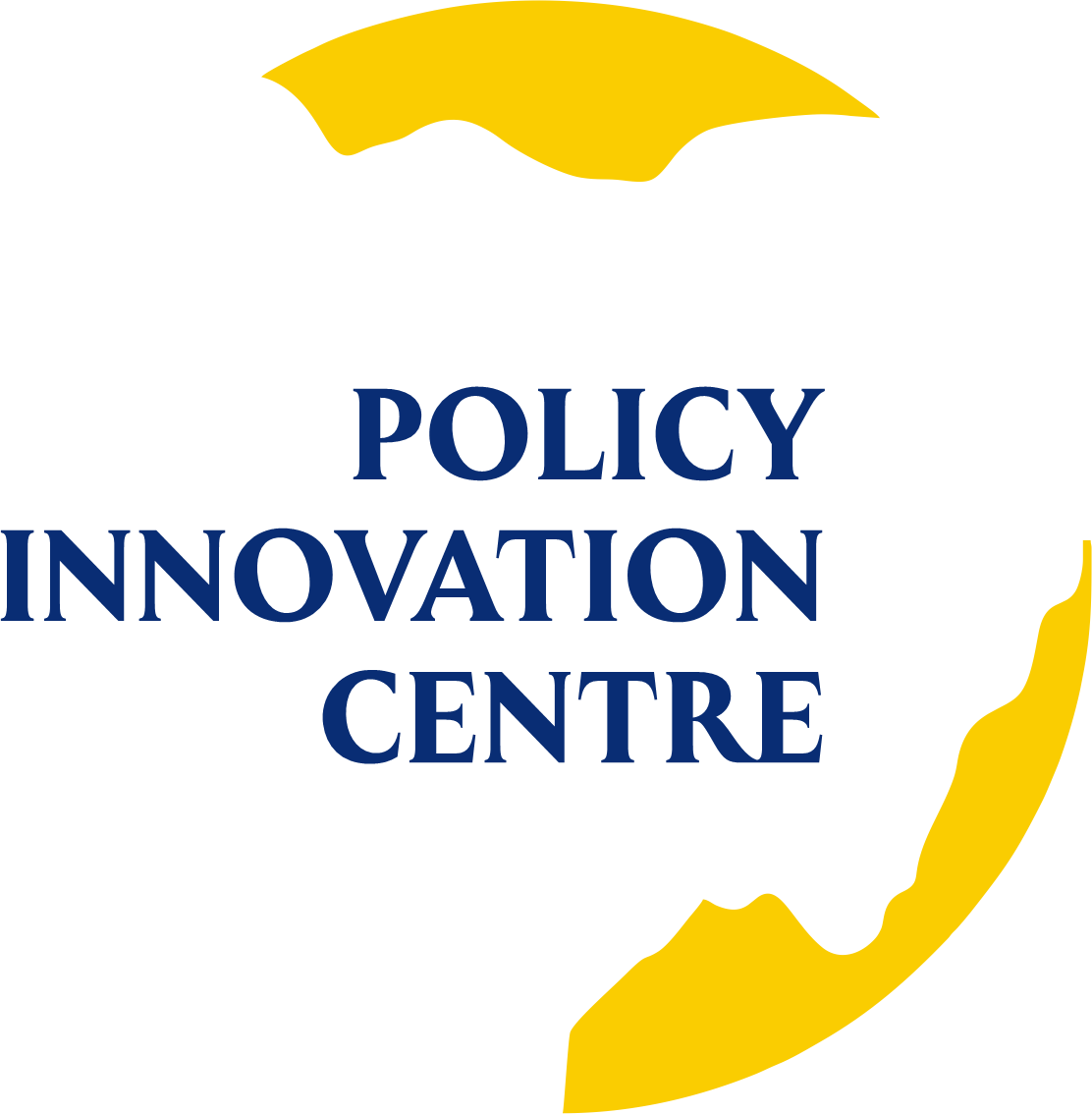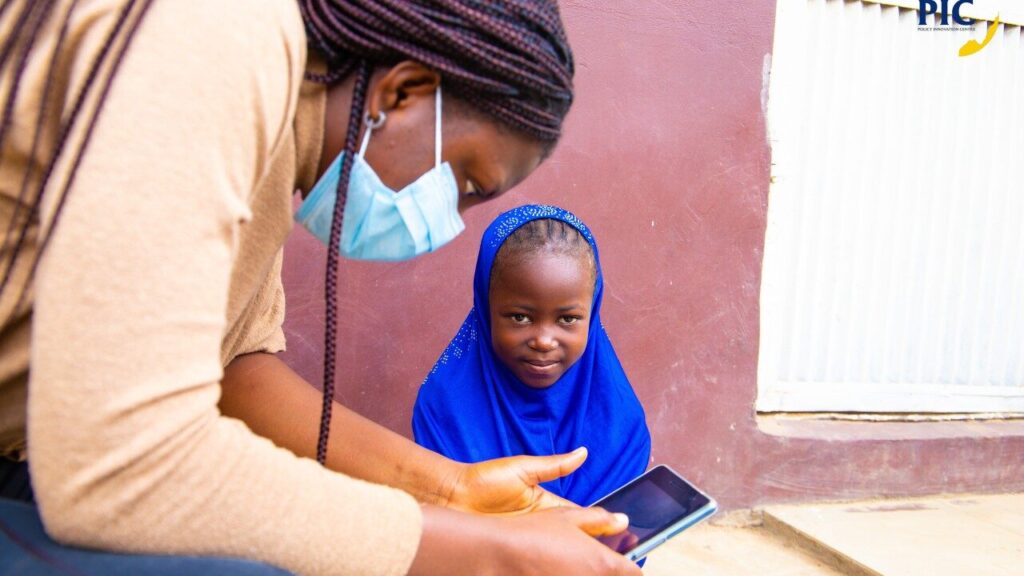As the world commemorates International Girls in ICT Day 2025, we’re reminded that digital inclusion is not just about access, but also about addressing barriers that prevent girls from thriving in the digital economy.
In Nigeria, nearly 10.5 million children are out of school, and girls particularly in rural and northern regions remain disproportionately affected by early marriage, period poverty, and unsafe learning environments.[1] Add to that the digital divide, and the gap becomes even more daunting: as girls in underserved communities are less likely to own mobile phones, access the internet, or benefit from ICT education which could unlock future economic opportunities.
One key takeaway from the Policy Innovation Centre (PIC)'s Gender and Inclusion Summit 2024 session titled "Centering the Focus on Girls for Equitable Economic Inclusion," was the recognition that, meaningful poverty reduction and the development of resilient societies are contingent upon the inclusion of girls in our digital future. To bridge all divides and ensure that girls are intentionally included in ICT and the digital future, the session put forward the following actionable recommendations:
· Strengthening digital and financial literacy from an early age: We must start by integrating digital and financial literacy into the basic education curriculum, especially for girls in underserved communities. This means going beyond computer labs and ensuring that girls understand how to use digital tools safely and productively. It also means teaching them how to manage money, open savings accounts, and explore entrepreneurial opportunities using digital platforms.
· Investing in WASH and menstrual health infrastructure to keep girls in school: One of the most overlooked barriers to girls’ education is the lack of clean water, sanitation facilities, and access to affordable menstrual hygiene products. Many girls miss school, or drop out entirely, due to the absence of basic dignity-preserving infrastructure. Hence, investing in WASH (Water, Sanitation and Hygiene) solutions in schools is not just a health intervention; it’s a critical enabler for digital and economic inclusion.
· Mainstreaming ICT skills into both vocational and formal education: Embedding ICT training into all levels of learning, from secondary school to vocational training and tertiary institutions. Girls must be exposed to emerging, high-potential sectors such as agri-tech, fintech, AI, e-commerce, and cybersecurity, and other related areas where women are currently underrepresented but where future jobs are being created.
· Designing policies and programs with girls, not just for them: Too often, policies and programs are developed without input from the very girls they aim to serve. A more inclusive approach would require that girls have a seat at the table, from ideation to implementation. This means creating platforms for girls to participate in policy dialogue, tech innovation challenges, youth parliaments, or community ICT hubs where their ideas can inform decision-making. It also means investing in leadership training and mentorship to ensure girls can confidently shape the digital future they’ll inherit. This human-centred approach ensures that related initiatives are relevant, accessible, and responsive to their needs and lived experiences.
For more on the Purple Book, visit: https://policyinnovationcentre.org/the-purple-book
The "Centering the Focus on Girls for Equitable Economic Inclusion" session was supported by HACEY Health Initiative
Adekemi Omole, Gender and Inclusion Lead





